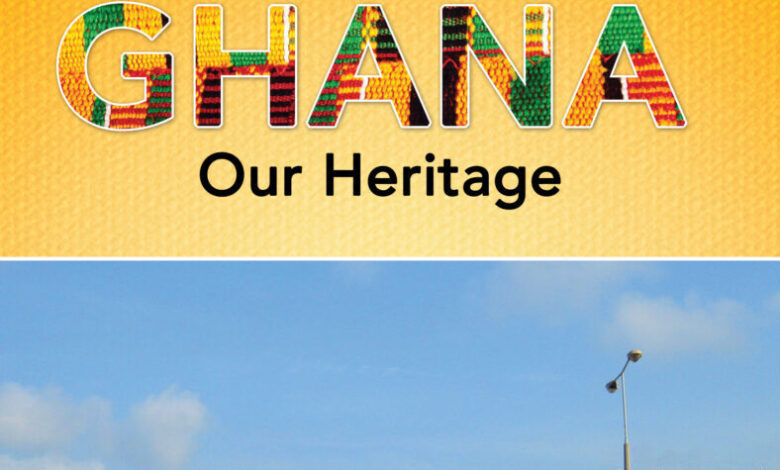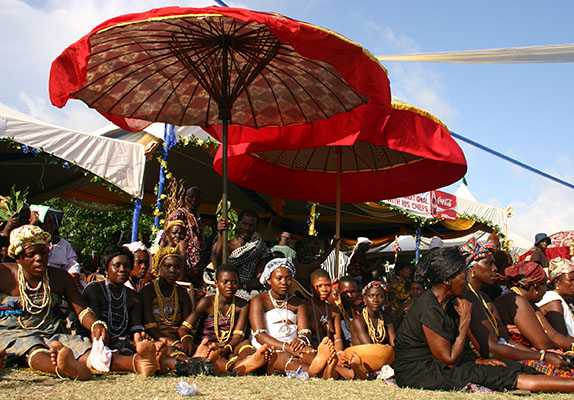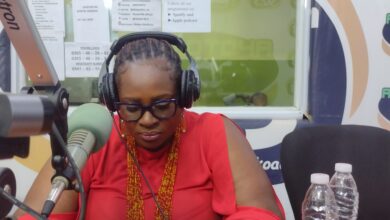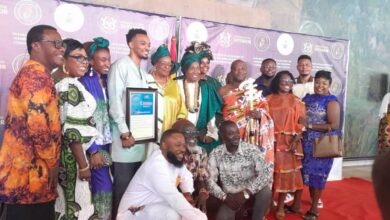
The United Nations Educational, Scientific and Cultural Organization (UNESCO) and the United Nations (UN) joined Ghana to review its 2024 Cultural Policy to reflect our changing world and Ghana’s dynamic cultural identity.
UNESCO’s and the UN’s collaboration with Ghana in promoting the creative industries is not a fleeting commitment but a deeply ingrained collaboration that celebrates and reinforces the fabric of Ghana’s cultural landscape. We believe in the intellectual contributions of Ghana’s creative minds, and we are committed to safeguarding them knowing that globally, the artistic sector contributes 3.1 per cent to the total GDP. We are proud to support the review of the culture policy to ensure that Ghana can holistically protect its culture and promote its creativity.
The work that Ghana has done to embark on reviewing the 2004 Cultural Policy is crucial for upholding the rights of creators and innovators, as well as protecting and promoting Ghana’s rich cultural heritage for generations to come. A lot has changed in the world and Ghana since 2004; new technologies have transformed how culture is produced and consumed, and frameworks like the 2005 Convention have underscored the importance of diversity of cultural expressions to development. Ghana’s policy framework must keep pace with these evolving realities.

UNESCO’s support for Ghana’s policy review process has been provided through the funding and expertise provided by our International Fund for Cultural Diversity (IFCD). As a UN fund dedicated to culture, the IFCD invests in strategic projects across the developing world that empower communities, strengthen creative industries, and ensure fair compensation for creative work. In Ghana, our IFCD-supported collaboration with the Ministry of Tourism, Arts, and Culture has included consultative workshops to develop the revised draft policy that seeks to align with Ghana’s ratified cultural conventions, protect its World Heritage Sites, and safeguard intangible cultural heritage, among others.
I encourage you to consider how the policy can better protect Ghana’s intangible cultural heritage, from traditions like earthenware pottery-making to living cultural expressions like the Adinkra, Ga, and Ewe symbols. You have an opportunity to safeguard these treasures and the rights of those who bear and transmit them. Similarly, it should be able to protect culture in emergencies or crises, protect underwater cultural heritage, stop illicit trafficking of stolen cultural property, and promote the diversity of cultural expressions. Ghana has already submitted nomination files on Kente and Highlife for UNESCO’s Representative List of Intangible Cultural Heritage.
Kente will be considered this year, and Highlife next year. I hope the policy will promote such recognition as well as encourage the submission of more elements of ICH and governance, such as the Chieftaincy Institution and the many different symbols around them, e.g., umbrellas projecting power structures, traditional governance infrastructure, and authority in existence before colonialism.

In this digital age, developments in artificial intelligence (AI) have significantly impacted the creative sector. These developments raise critical questions about the status of artists, the integrity of the cultural value chain, and the sector’s ability to continue providing decent jobs and fairly remunerate artists for their creative work. I hope the policy will cover this area as well.
Digitization plays a critical role in preserving heritage and scientific resources. Digitization is reshaping tourism and cultural experiences, offering innovative ways to engage with our heritage. Virtual Reality (VR) and immersive technologies therefore allow users to explore landmarks, museums, and cultural sites from their homes. For instance, the Seokguram Grotto in South Korea offers a 3D stereoscopic experience using VR. The Zamani Project also provides a panoramic tour of the St George’s (Elmina) Castle. Therefore, beyond tourism, digitization fosters social development and cultural awareness enabling broader participation in digital technology and cultural heritage.
It is essential to remember that the Cultural Policy is not just a document; it signifies a living testament to the creativity, diversity, and resilience of Ghana’s people. The policy must support the growth of Ghana’s cultural and creative industries through strategic investment, skill development, and strong intellectual property protections.
Finally, no policy is meaningful unless it is implemented. I encourage Ghana to consider clear procedures, dedicated resources, and mechanisms for multi-stakeholder oversight to bring the policy to life after its revision. Healthy governance within the cultural and creative sectors will empower institutions and the creatives themselves to play their part, which in turn will impact the success of the new policy’s implementation. It would be ideal for all policy development in Ghana to have the Cultural Policy as a base document to ensure that culture is properly mainstreamed into all development plans and strategies, making development more meaningful to Ghanaians.
UNESCO stands ready to continue supporting Ghana’s efforts. Together, by revising Ghana’s cultural policy in line with international standards and Ghana’s development needs, we can protect creativity, promote cultural diversity and opportunities, and ensure that culture remains at the heart of Ghana’s future prosperity.
Story by Obaapa Janee




